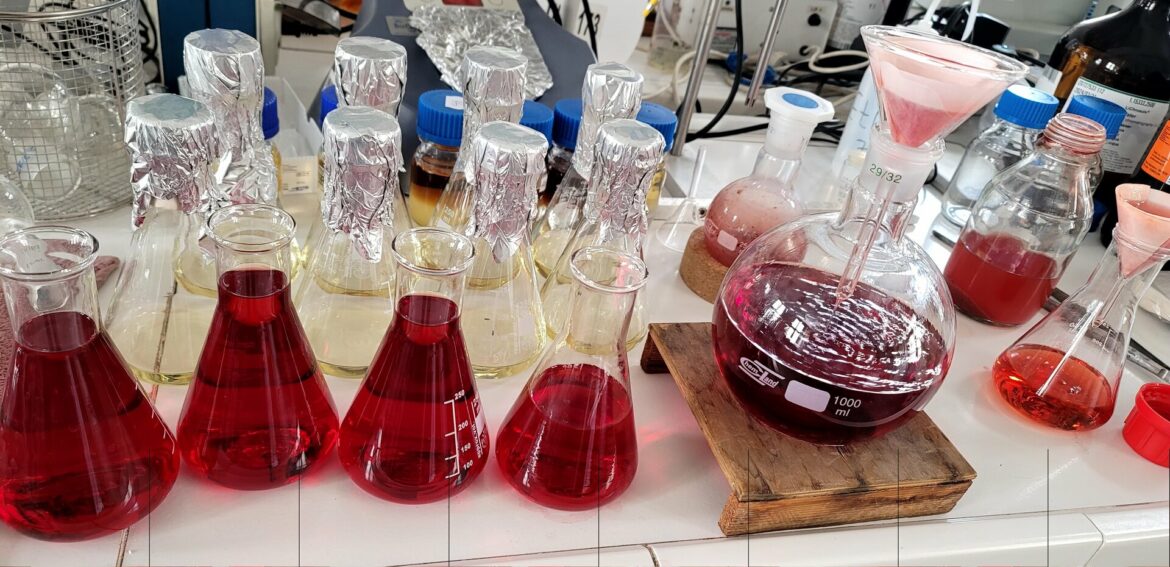Researchers at the University of Life Sciences in Wrocław (UPWr) are working on the creation of new drugs and the production of natural biopigments. For this, they want to exploit the potential of endophytic fungi. The BioExplor project at UPWr is headed by Dr El Sayed Ali, permanently associated with the Nuclear Research Centre of the Egyptian Atomic Energy Commission.
The BioExplor project reaches beyond medicine into industrial biotechnology. Researchers have identified fungi capable of producing beta-carotene and melanin, biopigments of great industrial interest due to their applications in food, cosmetics, and other products.
The research work began with the isolation of several unique endophytic fungi from plants growing in the Mokrzañski Forest located on the outskirts of Wrocław. These symbiotic organisms inhabiting plant tissues were isolated to obtain compounds from them, which were then evaluated for their biological properties.
The results, obtained in collaboration with a team from the Wroclaw University of Medical Sciences, provided candidates with promising antibacterial, antifungal, antioxidant, and anticancer properties. These discoveries are not limited to the academic sphere but point a concrete way towards the future development of new drugs against many diseases, including cancer and bacterial infections.
“We have isolated a new fungus that produces melanin. I call it ‘black gold’ because of its importance in industry. The process of extracting melanin from natural sources is complicated and expensive. Our fungus produces this compound extracellularly in significant quantities, providing a kind of biofabrication of natural melanin”, says Dr El-Sayed.
Among the achievements of the BioExplor project team is also the development of research on the Monascus fungus responsible for the production of a red biopigment, widely used in the food industry.
Arkadiusz Słomczyński





